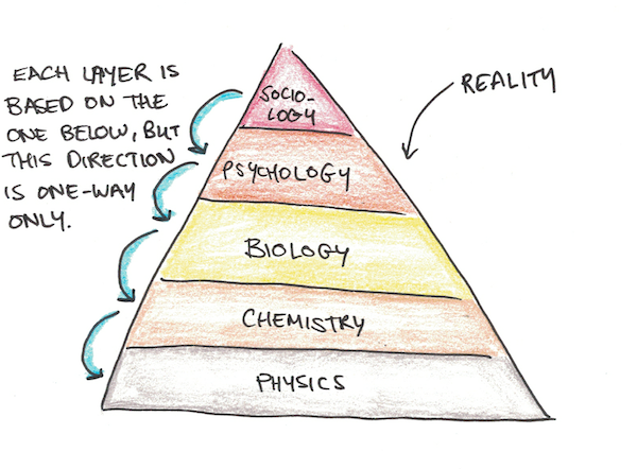Exploring the Wonders of Physics: A Journey Through Science
Written on
Chapter 1: The Intrigue of Physics
Consider the wildest scenarios that come to mind. Challenge yourself with some unconventional questions. Here are a few that I pondered:
- What speed would I need to swing a bamboo stick to slice through a metal sword?
- If I leap from the summit of Mount Everest, where would I ideally land to ensure a safe descent without any gear?

- At what amplitude should I project my voice for someone on the opposite side of the globe to hear me?
Now, shift your focus to everyday queries. When I contemplated this, I considered:
- How can I arrange my food in the microwave to achieve uniform heating?
- When washing dishes, what should the water flow rate be to minimize usage while ensuring cleanliness?
- What time should I depart from home to reach work at a sustainable walking pace, effectively reducing my carbon footprint?
All of these inquiries deserve thoughtful answers. If you're seeking solutions, physics (along with mathematics) is an invaluable resource.
It’s widely recognized that physics is an exciting field; it encompasses the study of planets, heat transfer, and atomic structures. However, once we begin formal education, that initial enthusiasm often wanes. We become so focused on calculating how fast one needs to run to catch a train that we overlook the magnificent aspects of what we are learning. We lose sight of our ability to predict movement and outcomes based on speed.

Yet, perhaps you’re not the issue. Maybe an ineffective teacher (I speak from experience) or a lack of engaging, student-centered instruction has dimmed your interest. If math isn’t your strong suit, physics might seem even more daunting.
I recognize these concerns are legitimate, but they do not encompass the entirety of physics. Physics is fundamentally about exploring our surroundings. As the foundation for all scientific disciplines, every field of science draws upon principles of physics. For instance, the structure of DNA arises from the interactions of various atoms under precise conditions. The psychological processes that govern our thoughts and actions originate from electrical signals transmitted to our bodies, guiding our reactions. Electricity, a core topic within physics, powers our everyday lives—our lights, fans, and nearly everything else.

Physicists are thinkers, much like you and me. The great minds of the past, such as Newton and Aryabhata, observed their environments just as we do today. Look around—at the flowers, the stars, the people. That is physics. It's not merely a collection of equations on a dusty blackboard. Learning fundamental mathematics can be a beneficial pursuit, as it helps unlock a broader understanding of various phenomena. Engaging with theories and concepts doesn’t always require advanced math, so don’t hesitate to dive in. Tune into your surroundings, engage your senses fully, and witness how your perspective shifts.
Every time you observe an event, jot it down, or strive to comprehend it, you are embodying the spirit of a physicist, and you should take pride in that. This is the essence of physics.
Chapter 2: Physics in Everyday Life
The first video titled "What is Physics?" explains the fundamental concepts and significance of physics in our daily lives.
The second video, also titled "What is Physics?" delves deeper into how physics relates to the world around us and enhances our understanding of various phenomena.